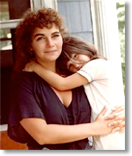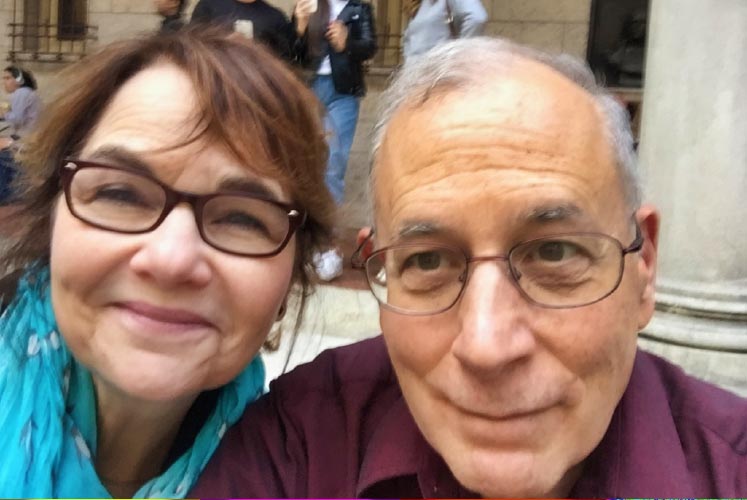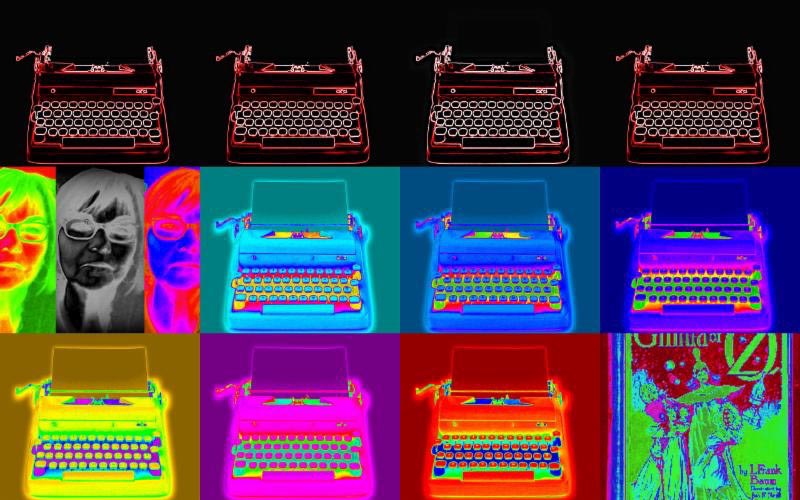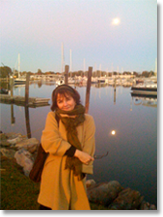When I was a kid, nothing was better than listening to my Aunt Thelma’s stories. She’d take humiliating, awful situations and transform them into eye-popping, comic-tragic tales. Her pain was our gain.
Stories bang around my head and crowd my mind. I’m stuffed with ‘what if’ and ‘why did s/he do that?’ As a child, I made twice-weekly trips to the library. Writers were gods to me, purveyors of that which I needed for sustenance. Food. Shelter. Books. Those were my life’s priorities.
As an adult, I still feel that way. I’m constantly foraging for books that offer glimpses into a character’s psyche, that go deep enough to make me part of the choir, saying, “Oh yeah, me too, tell it, writer. True that, uh huh.”
As a writer, I’ve learned that reaching deep isn’t always comfortable. (My daughters will read this! My husband will think I’m portraying him!) But I push myself to write with a knife held to my own throat, so that my work will hold as much emotional truth as possible.
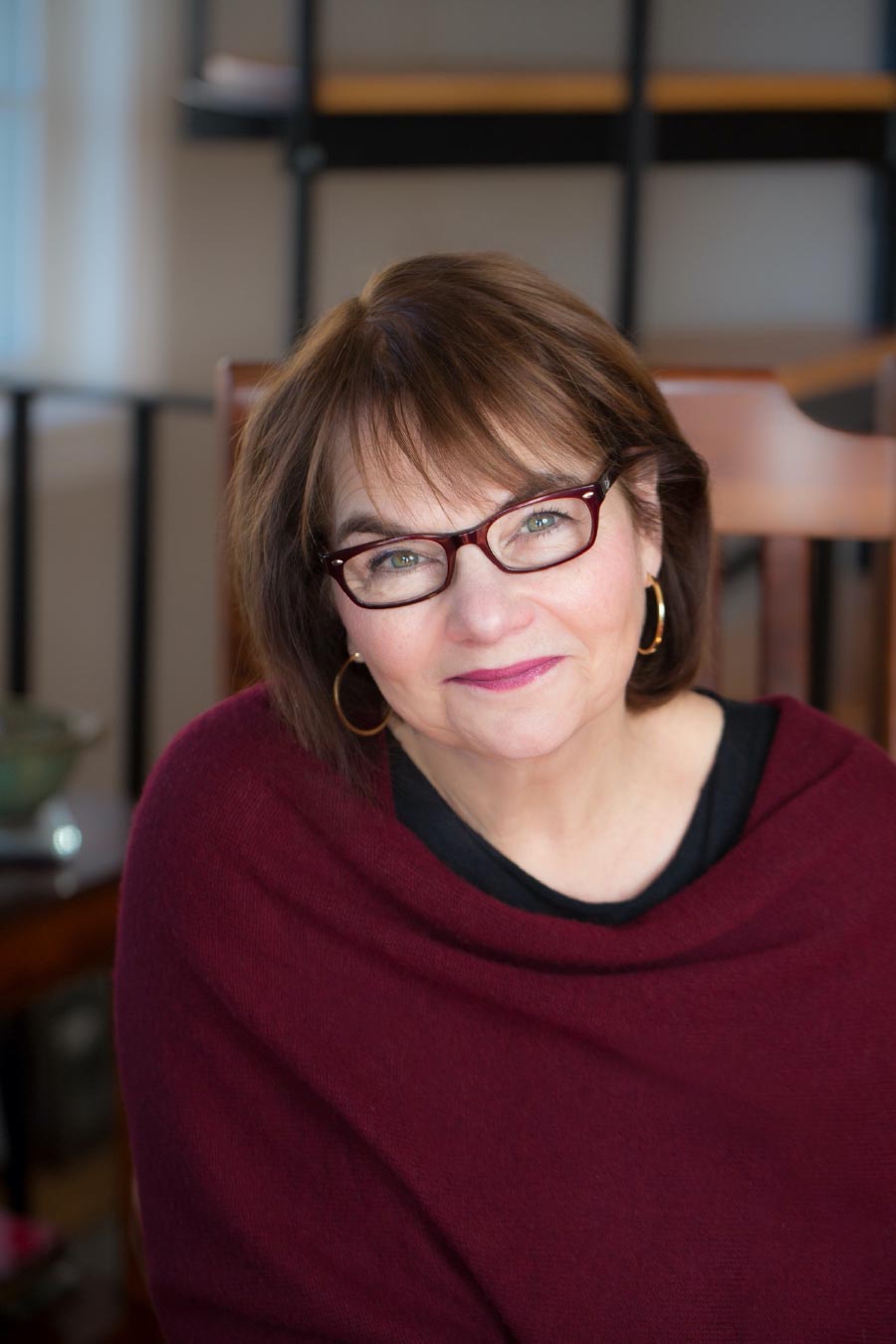
 I was born in Brooklyn, New York, where I quickly moved from playing with dolls to incessantly reading, spending most of my time at the Kensington Branch Library. Early on I developed a penchant for books rooted in social issues, my early favorites being Karen and The Family Nobody Wanted. Shortly after, I moved onto Jubilee and The Diary of Anne Frank.
I was born in Brooklyn, New York, where I quickly moved from playing with dolls to incessantly reading, spending most of my time at the Kensington Branch Library. Early on I developed a penchant for books rooted in social issues, my early favorites being Karen and The Family Nobody Wanted. Shortly after, I moved onto Jubilee and The Diary of Anne Frank.

